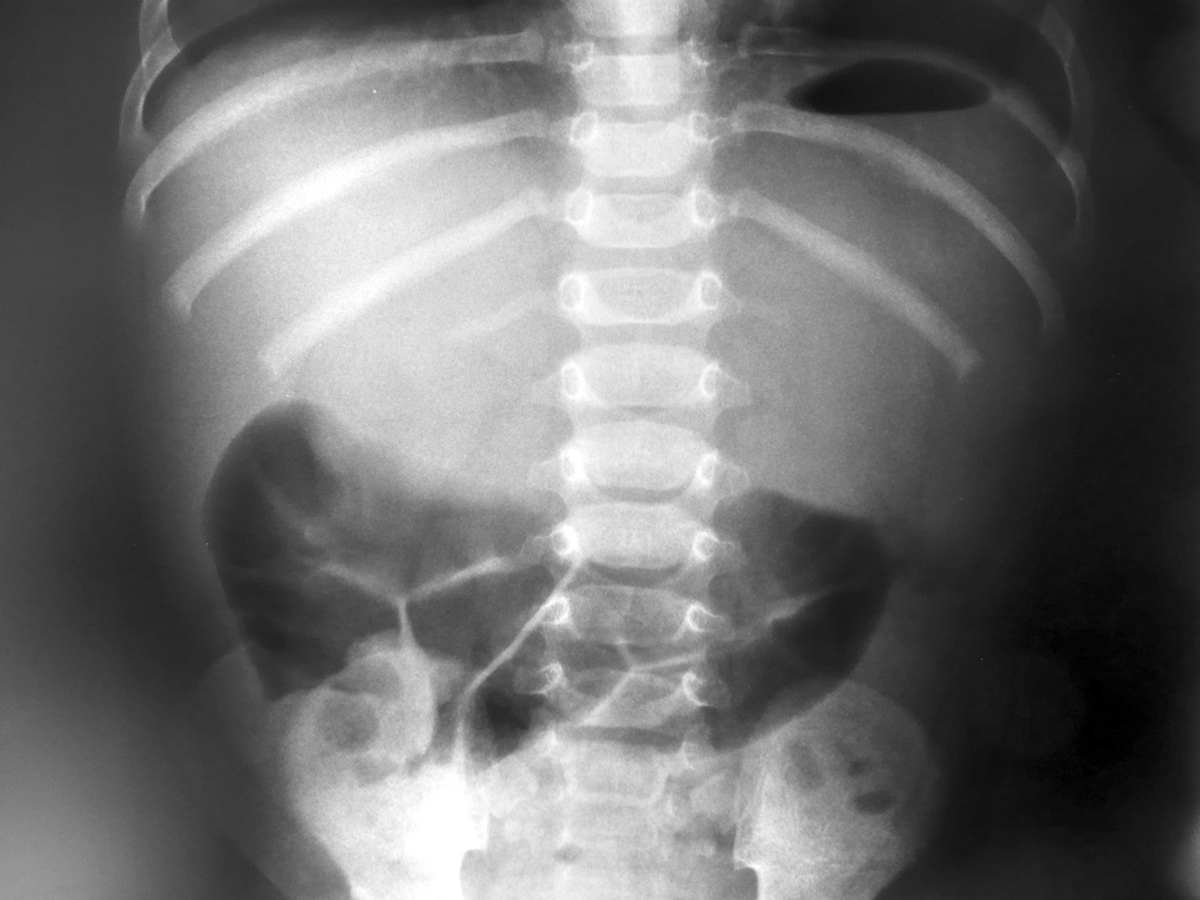
Introduction
The blockage of intestines is highly serious condition as the food together with fluids cannot be transported to the rectum and eliminated. Instead of that the intestines fill with additional fluid and gases produced by the bacteria and expand. There is a variety of medical conditions that can lead to intestinal obstruction. However, the most common causes of the blockage include adhesions and tumors. Hernias may be responsible for intestinal obstruction in many cases as well. The symptoms of this condition include nausea followed by vomiting, the pain and excessive swelling of the abdomen. The plain X ray of the abdomen shows typical signs of air-fluid levels. The worst outcome is necrosis of the intestinal part that has not been well supplied with blood. Necrosis leads to perforation and peritonitis. All of this requires prompt surgical treatment.
Causes of Mechanical Obstruction of Small Intestines
The most frequent causes of mechanical obstruction of small intestines are adhesions. Adhesions develop as a consequence of the previous surgical procedure in the abdomen. The fibrous tissue which forms after the surgery can lead to the blockage. Furthermore, hernias are also responsible for blockage of small intestines. In many patients the first sign of the tumor of small intestine is actually the obstruction. Rarely, one may develop obstruction of small intestines in case of intussusception, volvulus, and strictures. Even the process of scaring in case of Crohn's disease may be a cause of the obstruction.
Causes of Mechanical Obstruction of Colon
Unlike the obstruction of small intestines the obstruction of colon does not happen so often. In this case the most frequent causes include: malignant and benign tumors of colon, diverticula and volvulus. Volvulus is actually distortion and twisting of the colon or small intestines. Strictures and intussusception are less frequent as a cause of colon obstruction. In some patients even impacted feces or swallowed things may lead to obstruction.
Cause of Paralytic Ileus
Paralytic ileus is a non-mechanical obstruction that can affect both small intestines and colon. The obstruction occurs in spite of no physical cause. The symptoms and signs of paralytic ileus are exactly the same as those present in mechanical obstruction. The cause that leads to paralytic ileus in majority of patients is previous surgical procedure in the abdomen. The patient will need to be inserted nasogastric tube and he/ she is administered intravenous fluids. This therapeutic regime is conducted until the intestines start to work properly again.
And finally all those individuals who have already had surgical procedure in the abdomen are at higher risk of developing any of the previously mentioned obstructions.



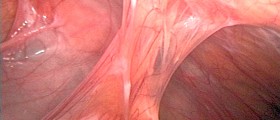



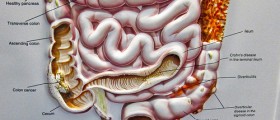




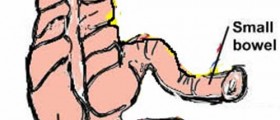



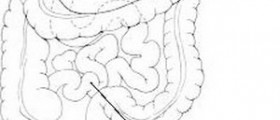
Your thoughts on this
Loading...